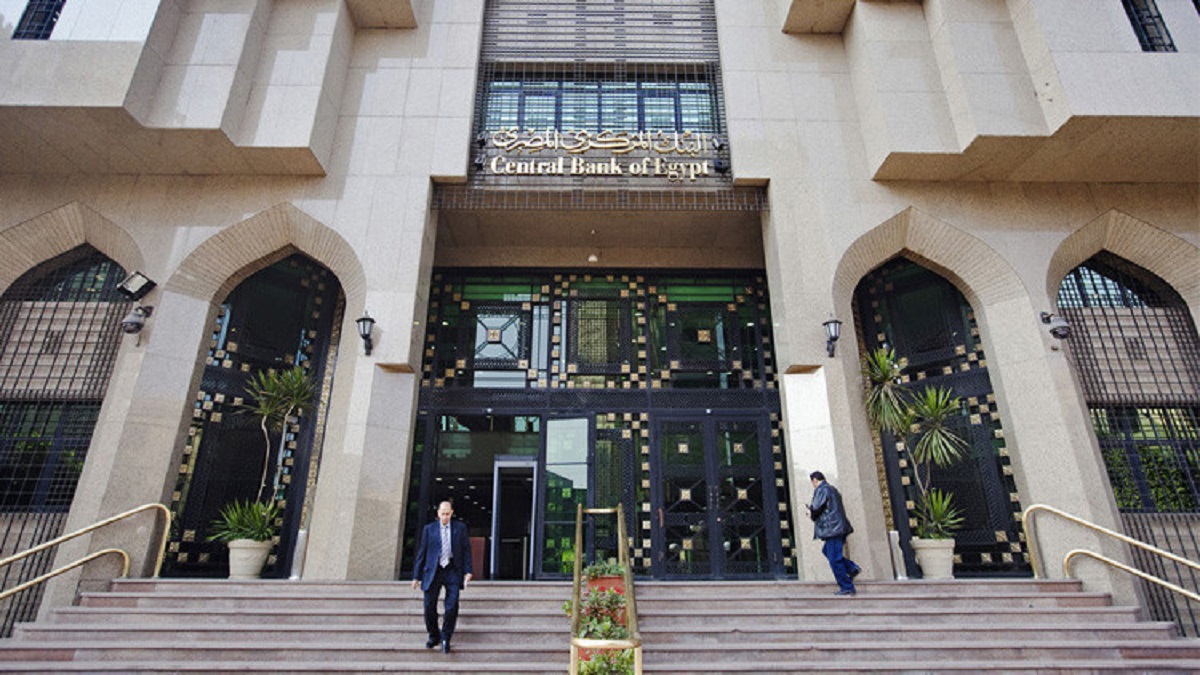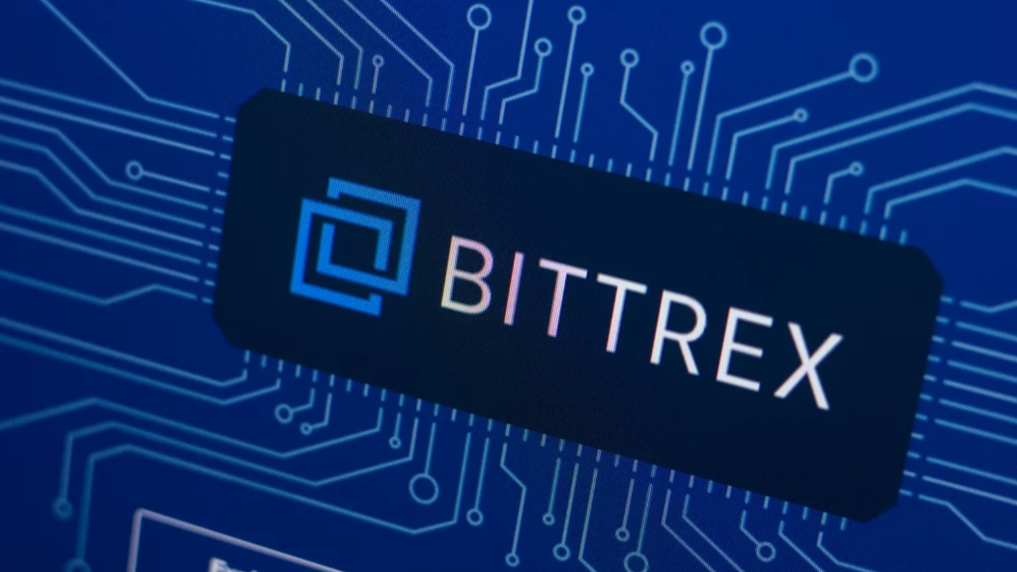In recent years, both forex (foreign exchange) and cryptocurrency trading have gained immense popularity among investors and traders. While they share some similarities, such as being forms of speculative trading, they also have distinct characteristics that set them apart. Understanding the similarities and differences between forex and cryptocurrency trading is crucial for anyone looking to venture into these financial markets. In this article, we will explore the key aspects of both types of trading, enabling you to make informed decisions about which avenue suits your investment goals and risk tolerance.
Similarities between Forex and Cryptocurrency Trading
- Volatility: Both forex and cryptocurrency markets are highly volatile, meaning their prices can experience rapid and substantial fluctuations. This volatility presents opportunities for traders to profit from price movements, but it also carries inherent risks.
- 24/7 Trading: Forex and cryptocurrency markets operate around the clock, allowing traders to engage in trading activities at any time. This aspect provides flexibility and enables traders to react swiftly to market events and news.
- Technical Analysis: Technical analysis, the study of price charts and patterns to predict future price movements, is a commonly used approach in both forex and cryptocurrency trading. Traders utilize indicators, chart patterns, and other tools to identify potential entry and exit points.
Differences between Forex and Cryptocurrency Trading
- Market Size and Liquidity: The forex market is the largest financial market globally, with daily trading volumes surpassing trillions of dollars. It is highly liquid, meaning there is an abundance of buyers and sellers, resulting in tight spreads and minimal slippage. Cryptocurrency markets, although growing rapidly, are relatively smaller and less liquid in comparison, which can lead to wider spreads and higher price volatility.
- Centralization vs Decentralization: Forex trading occurs in a centralized market, facilitated by financial institutions, banks, and brokers. Cryptocurrency trading, on the other hand, takes place in decentralized markets, with transactions recorded on a blockchain. This decentralized nature eliminates the need for intermediaries and offers greater control and privacy to traders.
- Regulation and Oversight: The forex market is heavily regulated in most countries, with established regulatory bodies monitoring and supervising brokers and financial institutions. Cryptocurrency markets, however, are still in the nascent stages of regulation, with varying degrees of oversight across different jurisdictions. This regulatory landscape can impact the level of investor protection and market stability.
- Asset Class: Forex trading involves the buying and selling of fiat currencies, such as the US Dollar, Euro, or Japanese Yen. Cryptocurrency trading, on the other hand, revolves around digital assets like Bitcoin, Ethereum, or Litecoin. The underlying factors influencing the price movements of these assets can differ significantly, with forex influenced by economic indicators, geopolitical events, and monetary policies, while cryptocurrencies can be impacted by technological advancements, adoption rates, and regulatory developments.
- Leverage and Margin: Forex trading often allows traders to utilize leverage, which means borrowing funds to amplify their trading positions. Leverage enables traders to control larger positions with smaller capital but also increases the risk of significant losses. Cryptocurrency trading platforms, on the other hand, typically offer lower leverage or margin trading options, primarily due to the higher volatility and potential for extreme price swings.
Final Thoughts
Both types of trading (Forex and Cryptocurrency) share similarities in terms of volatility, availability, and technical analysis techniques. However, they differ significantly in terms of market size, decentralization, regulation, asset class, and leverage options. Understanding these distinctions is vital in formulating effective trading strategies and managing risk appropriately. Whether you choose to trade forex or cryptocurrencies, it is crucial to conduct thorough research, gain experience, and seek professional advice to enhance your chances of success in





